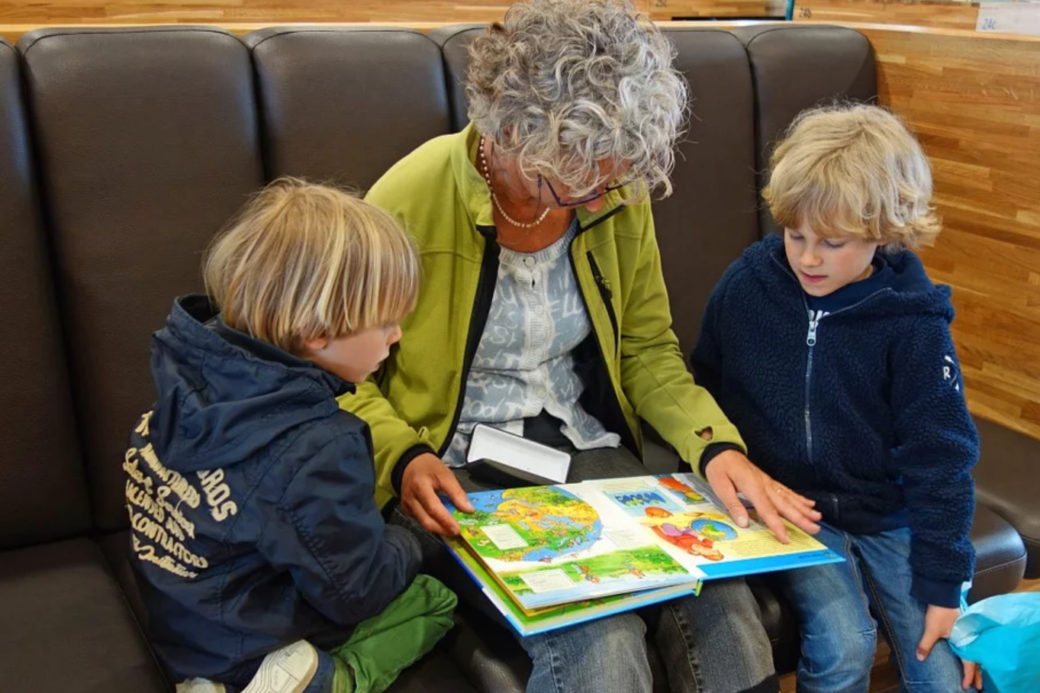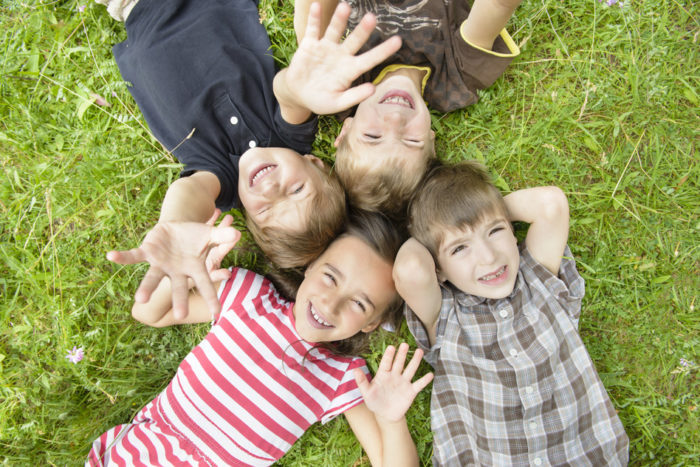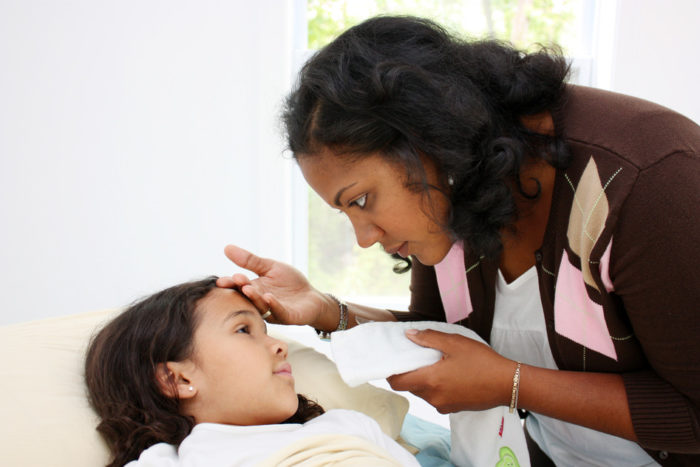Understanding Child Development

What is Meant by Child Development?
Child development is something that almost every parent and a caregiver are interested to learn about. Many parents ask themselves every day whether their kids are reaching the milestones.
Simply said, developmental milestones include things that most children can do or should learn by a certain age.
What’s the Most Important Age for Child Development?
First, five years of life are considered a period of rapid changes in child development. During this period, a child’s brain develops quickly and radically. Also, the brain is most flexible in the early childhood years and amazingly progresses from the third gestational week (the third week after conception) to the fifth year of life. More than a million neural connections (synapses) are created every second during the first five years of life.
Studies show that the brain develops through experience, so early experiences provide the foundation for the child’s brain’s functioning and development throughout life. Every new experience helps form new connections in the brain. A young child’s brain gathers information on the environment through talk, sight, smell, and touch, which shows the importance of regular stimulation at home and early learning settings for normal brain development.
What are the Five Stages of Child Development?
Child psychologists agree that there are certain stages of development that every child goes through. These stages are the same for almost all children. However, every child reaches development milestones at their own pace.
If your child is a little behind or little ahead in certain areas of their development – this is normal. With support, love, stimulation, and encouragement, most of the children catch up in the end.
Developmental milestones can be divided into five categories: cognitive skills, language and literacy skills, social and emotional skills, motor skills, fine motor skills.
- Cognitive skills
Research by Jean Paget and Lev Vygotsky showed that children think differently than adults. Cognitive skills development involves the ability to learn and solve problems.
- Language and literacy skills
Language development includes the ability to both understand and use language. By the age of five, most monolingual children master the grammar and sound system of their native language and have a vocabulary of thousands of words.
- Social and emotional skills
This component of child development represents the ability to understand their own and other people’s emotions. It also involves a child’s ability to manage emotions and build and maintain positive relationships.
- Gross and fine motor skills
Gross motor skills involve large muscle development, while fine motor skills development includes the development of smaller muscle groups like those in fingers and hands.
Fine motor skills ensure that the child can do a range of things from writing to getting dressed or feeding themselves. Fine motor skills also improve brain functions and boost a child’s development in general.
Motor skills development is crucial for a child’s independence, cognitive development, and the ability to explore the world around them.
At What Age is a Child’s Character Formed?
A child’s character involves a set of mental and moral qualities that make each child unique. Most child experts agree that an individual’s character and personality are formed by the end of the preschool years.
What is the Importance of Early Childhood Development?
A child’s early experiences profoundly affect their future development and the adults they will become one day. Early social-emotional development has a direct effect on the quality of their adult relationships.
Language development is a foundation of future learning and serves children as the grounds for exploring the world around them. Language and literacy development is crucial in a child’s later personal, academic, and professional success.
What Influences a Child’s Personality?
A child’s personality emerges through social interaction, biological maturation, and the child’s understanding of the social world and the self. Child Development in the first five years of life is a complex process that sets the foundation for lifelong development and growth. Understanding child development can help you support your child’s growth, learn about the milestones, and plan activities that are the best at certain stages of development.
Above all, healthy child development relies on positive and warm interaction between a child and an adult during the early years. If children experience affection during this stage of development, the children will reach their milestones and develop into healthy and happy adults.
How Do You Raise a Good Child?
Raising a child is both a greatly rewarding and challenging process. The best parenting strategy in raising a good child involves reinforcing your child’s emotional intelligence, building their self-esteem, and teaching your child honesty and respect for others.
Successful parenting also includes positive reinforcement, opportunities for both play and rest, health and safety, good hygiene and nutrition, respect for diversity, and opportunities for developing cognitive, language, social, and motor skills through play.
Children who can successfully recognize and understand their own and emotions of others are on a good way to build and maintain positive relationships with others. The child’s ability to interpret emotional signals to get a sense of how other kids are reacting to them is one of the main features of emotional intelligence and an important part of a child’s social-emotional development.
Also, healthy self-esteem will help your child understand their strengths and accept their flaws. It will teach them self-compassion and forgiveness, and help them understand that, like everyone else, they are flawed and imperfect sometimes.
Allow your child to learn and develop through play. Encourage them to care for others, navigate through their feelings, and talk about their problems.
Be a strong role model, as your child learns behaviors, attitudes, and values by watching you.




Leave a Comment